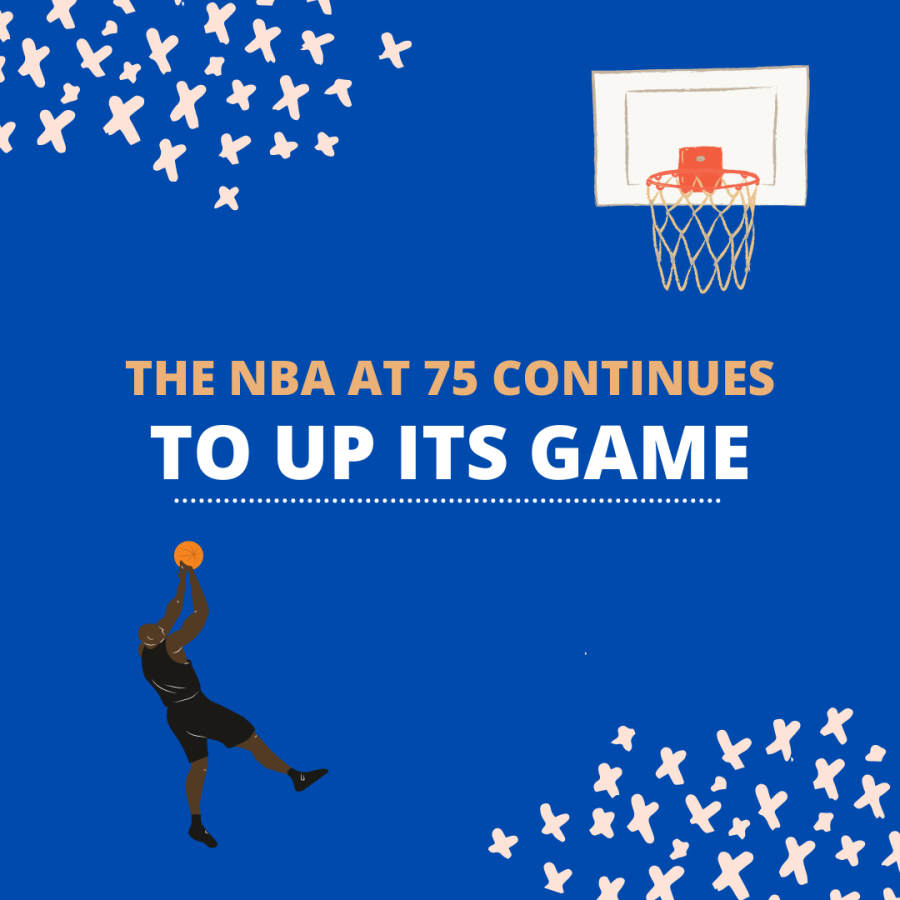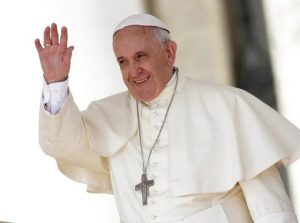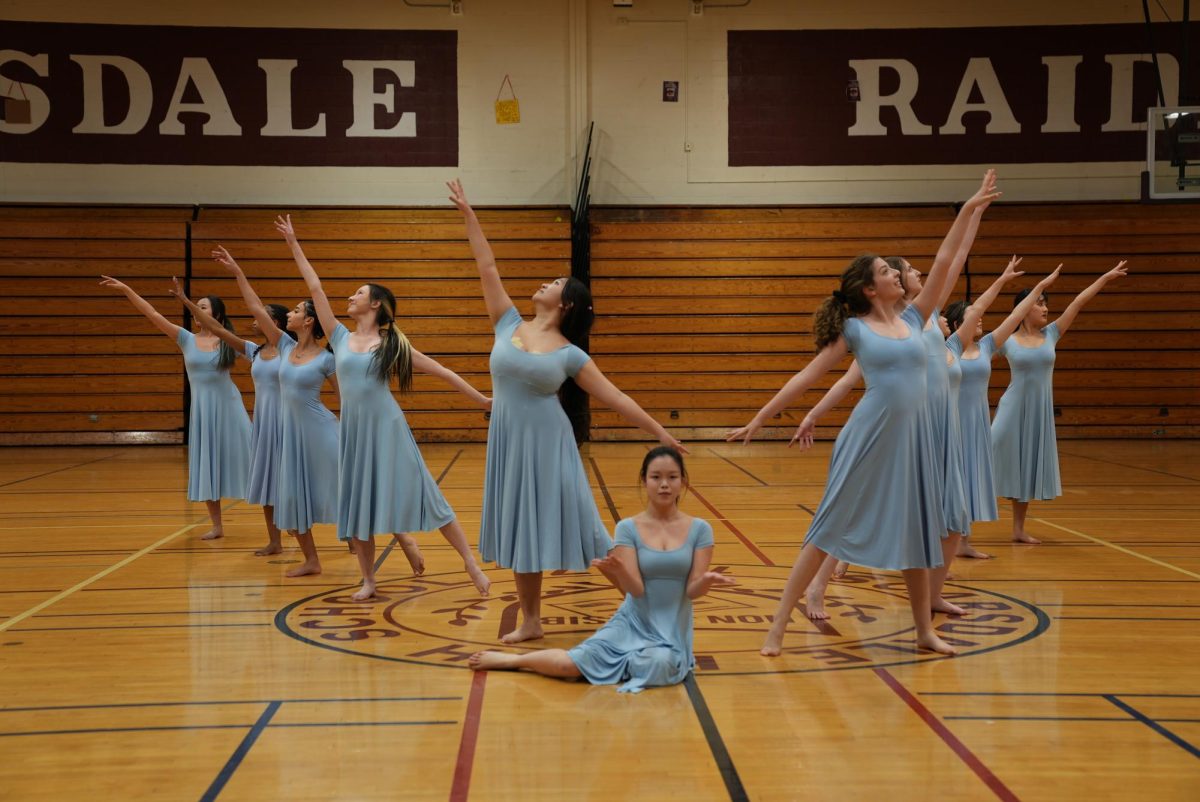The NBA At 75 Continues to Up Its Game
Amid all the celebrations commemorating the NBA’s legacy during this special 75th anniversary year, this season has proven that the NBA continues to thrive and evolve, as the league upholds its mission to offer limitless entertainment and transform the sport.
April 30, 2022
Amid all the celebrations commemorating the NBA’s legacy during this special 75th anniversary year, this season has proven that the NBA continues to thrive and evolve, as the league upholds its mission to offer limitless entertainment and transform the sport.
While the league considers 1946 its founding year (the year when the Basketball Association of America (BAA) began operating), the NBA wasn’t truly formed until 1949. In 1949, the BAA merged with the National Basketball League (NBL), a league that had existed since 1937.
In the early years of league basketball, the sport was comprised exclusively of white Americans. While early attempts at racial integration were imperfect and impermanent, the NBA, to its credit, rapidly began integrating in the 1950s, before the major advances of the Civil Rights Movement. Fast-forward 75 years and 75% of NBA players are now POC. Additionally, the league has been steadily adding players from countries all around the world, and this season has been the most barrier-breaking ever from an international perspective.
For much of the NBA’s history, international players and fans were largely an afterthought. The league’s former commissioner, David Stern, was the mastermind behind the 1992 “Dream Team.” This team was the first-ever group of professional American basketball players to compete in the Olympics. The appearance drew international interest and enabled the NBA to become the global sport that it is today. The NBA has made a serious commitment to expanding its focus to international markets. In Africa, the NBA has grown the basketball ecosystem through investments in programs such as Jr. NBA, Basketball Without Borders, and the NBA Academy Africa. Big-name former NBA players have become investors in these efforts and even former President Barack Obama has joined as a strategic partner.
Before the 2018-2019 season, only 3 non-American players had won NBA Most Valuable Player (MVP) awards. Hakeem Olajuwon, from Nigeria, won the award in the 1994 season. Steve Nash, from Canada, won the MVP award back-to-back in 2005 and 2006. Finally, Dirk Nowitzki, from Germany, took home the award in 2007. This year’s season appears to be the fourth straight year (the all-time record) where the league’s top individual award will be given to a foreign-born talent. The top 4 candidates throughout the year have been Slovenian Luka Dončić, who at 23 years old is one of the most accomplished players to have ever come to the NBA from the EuroLeague, Cameroonian Joel Embiid, who didn’t start playing basketball until the age of 15, Serbian Nikola Jokić, who won the award last year, and Greek Giannis Antetokounmpo, who at the age of 27 has already racked up 2 MVP honors in 2019 and 2020. The landscape of the NBA has changed dramatically since its inception and it is now a truly international league, with over 100 international players from nearly 40 countries, and more international prospects entering the draft every year.
In addition to the changing face of the NBA in terms of racial and international representation, the league also continues to change regarding the type of players who are hailed as heroes. While the NBA has been a 3-point-centric league over the past decade, often with the role of the center being overlooked, this season saw the revitalization of the “big man.” The aforementioned players Embiid, Jokić, and Antetokounmpo, who are all 6’11 or taller, have all brought something unique to their positions. Embiid is a more traditional center who thrives down low, with footwork and force reminiscent of Hakeem Olajuwon, but he can also consistently step outside and knock down 3-pointers. Jokić, fittingly nicknamed “the Joker,” is arguably the best passing center the league has ever seen. Jokić’s passing ability combined with his ability to make absurd shots despite his overall lack of athleticism makes for a uniquely talented player who seemingly has complete control of every offensive possession. Antetokounmpo, often referred to as the “Greek Freak,” has a never-before-seen combination of height, speed, and strength that allows him to charge at the basket without much difficulty. In today’s NBA, the best centers have a significantly expanded game compared to their predecessors, utilizing their dominant size, along with power, fast footwork, and skillful shooting. With the rise of these new star centers, the role of the center has experienced a renaissance and these players are helping to lead their teams to success.
The NBA also continues to innovate the format of games in order to keep the competition more meaningful for players and more exciting for fans. A prime example of this was the addition of the play-in in the 2020 season. This end-of-year tournament consists of the 7-10 seeds in each respective conference playing 3 extra games to determine the 7th and 8th positions for the playoffs. This gives talented teams, who may have dealt with injuries or other factors out of their control, a last-chance opportunity to still make the playoffs and provides fans with highly competitive games from teams who may not have initially made the cut.
This season’s playoffs are guaranteed to be exciting. With no team having more than 2 All-Stars this year, the balance of talent across teams is a refreshing departure from the “super-teams” of recent years past. Any of the remaining teams have a serious chance at winning the championship this year.
NBA Commissioner Adam Silver wrote in a recent essay that he believes “sports have the power to change the world.” With the 75th anniversary season wrapping up, one thing is certain—the NBA is committed to continually making changes to remain relevant and engage with players and fans all over the world in new and exciting ways. The NBA is building upon the many accomplishments of the past 75 years and working to develop the next great generation of the sport.

























Justin Riggi • Jun 10, 2022 at 9:19 am
this go crazy b4ruh im slatt